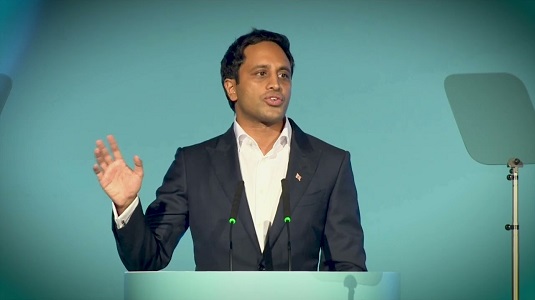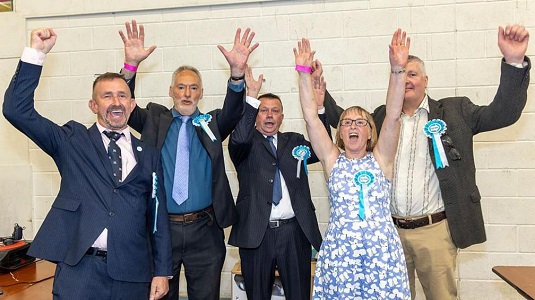
It was a touch quieter this month on the blog. More anon. But tradition is tradition and as a stickler for stability of expectations, here are the five posts that did the best in June.
1. Taken for a Mug
2. Geoffrey Wheatcroft at the End of the Tories
3. From U-Turn to U-Bend
4. What I've Been Reading Recently
5. Local Council By-Elections May 2025
With thin pickings to choose from, the great internet travelling public gravitated toward the substantive pieces. As they always do! In at one, ee have a meditation on Zia Yusuf's resignation from Reform chair, something he rescinded in short order. Demonstrating that the man is still a mug. Number two was my look at another entry in the death-of-the-Tories literature, this time being from someone who partly influenced my book (plug, plug). This was followed by Rachel Reeves's partial retreat on winter fuel allowance. A concession much overshadowed in recent days re: the government's disorderly retreat on cutting disability support. And then we have two of the regular fillers. A look at recent books read, and a round up of May's council by-elections.
What's going on? Normally happy to mouth off on anything and everything political, this month I've missed a short war, two instances of the government's authoritarian overreach, the latest round of Trumpist degeneracy, and the greatest threat to Keir Starmer's authority he's yet faced. Usual grist to the blogging mill you wmight think, but unfortunately I've had to take a rest. It started with the worst cold I've ever had, and immediately dumped upon it was something that has required nearly all of my energy. And because of this, I've given over evenings to winding down and low effort posting. I cannot say when normalcy will resume.
July could bring an upturn in posting, and it might not. Whatever, I'll keep this place ticking over for the forseeable.

